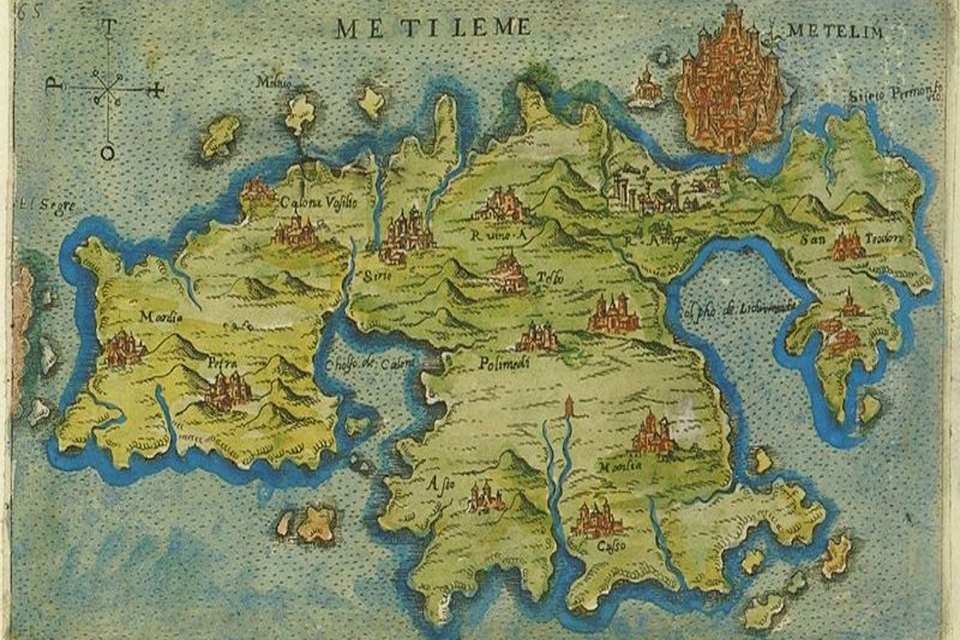Advertisement
Aristotle And The Invention Of Science
This program is rebroadcast from September 29, 2014.
How Aristotle invented science. The great ancient Greek, and life on Earth.

Aristotle is, of course, the great and grand philosopher of ancient Greece. Up in the pantheon – Socrates, Plato, Aristotle. His name makes us think of logic, metaphysics, even politics. But when Aristotle was in him mid-30s, he exiled himself from ancient Athens and retreated, says my guest today, to sit by an Aegean lagoon and write about nature. About creatures great and small. Anatomy, reproduction, taxonomy. Biology. “There are gods here, too,” he said. And with that, he may have invented science. This hour On Point: Aristotle, a Grecian lagoon, and the origins of science.
-- Tom Ashbrook
Guests
Armand Leroi, professor of evolutionary development biology at Imperial College. Author of the new book "The Lagoon: How Aristotle Invented Science." Also author of "Mutants: On the Form, Variety and Errors of the Human Body."
From Tom's Reading List
The Guardian: Armand Marie Leroi's rewarding study of Aristotle's science — "In this lush, epic and hugely enjoyable book, biologist Armand Marie Leroi explores the idea that it was another ancient Greek giant whose shoulders we may all stand upon. In his mid 30s, around 346 BCE, Aristotle exiled himself from Athens to islands in the Aegean, where he spent time thinking and writing about nature, possibly near a lagoon on Lesbos."
Financial Times: 'The Lagoon: How Aristotle Invented Science’, by Armand Marie Leroi --"Aristotle was interested in everything: hyena genitalia, snail stomachs, seals’ flippers, elephant flatulence. Moreover, he wanted to understand why things were as they were. The facts generated questions, “hundreds of them”, says Leroi: “Why do pigeons have a crop and elephants a trunk? Why do eagles lay so few eggs, fish so many, why are sparrows so salacious?”
Oxford University Press: Coffee tasting with Aristotle — "Aristotle thought the senses are five because there are five types of perceptible properties in the world to be experienced. This criterion for individuating the senses has had a very longstanding influence, in many domains including for example the visual arts."
Read An Excerpt Of "The Lagoon" By Armand Leroi
This program aired on November 26, 2014. The audio for this program is not available.